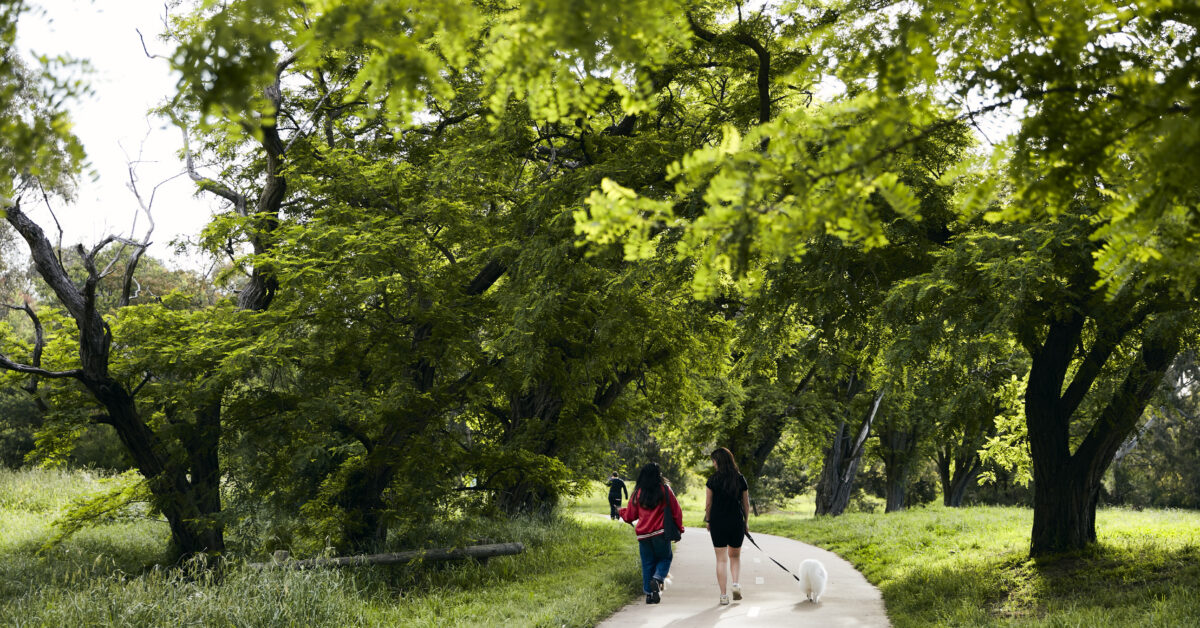
Home — Insights + Case Studies — Insights — What You Should Know About Dying Without A Will
What You Should Know About Dying Without A Will
JPLegal
What Happens If I Die Without A Will?
If somebody dies without a Will they are considered to have died “intestate”. This is also the case for people whose Will is invalid or for property that has not been included in a Will. In this situation, the law determines how assets will be distributed which is done according to a specific set of rules. This means that without a Will the individual’s wishes will not be taken into account.
The property that needs to be distributed on intestacy is called the residuary estate. This consists of all the money from the estate that remains after the expenses of the funeral, any debts and liabilities and administration expenses have been paid and includes any part of the estate that has been retained unsold.
After the death an application for a Grant of Letters of Administration must be made to the Court. The grant is usually made to the next of kin of the deceased. This is generally a spouse or domestic partner, child or other close relative of the deceased.
Who Will Receive My Estate?
Victorian Law regarding the distribution of a residuary estate was amended in November of 2017, under the new legislation the partner of the deceased will most often receive the estate. A partner can be a spouse or part of a domestic/de facto couple who have lived together for at least 2 years, have a child together or have formally registered their relationship to be eligible to receive the estate. The same laws apply for both opposite-sex and same-sex relationships. If the deceased does not have a spouse/partner, the next of kin is usually their child or children.
Children from the surviving partner are not entitled to a part of the estate but children from other relationships may be, depending on how much value was left in the estate after expenses. If the residuary estate is over a certain amount and the deceased has left behind both a partner and a child/children from a previous partner then the partner will receive the deceased’s personal effects, a set amount of money plus interest on that amount and a third of the balance of the estate. The remaining estate will then be divided between the deceased’s children. However, there are different rules that will apply if the deceased left behind more than one partner.
The hierarchy which determines who receives the estate is as follows:
- Spouse/Partner
- Children
- Parents
- Siblings
- Grandparents
- Aunts and Uncles
- Cousins
In the unlikely event that the deceased has no living relatives whatsoever then the estate will pass to the State of Victoria as bona vacantia – unclaimed goods of property that have no owner.
Through this system of distribution the person who is most entitled to receive your estate may not be who you wish to receive it or could cause conflict between surviving family members, but without a valid Will your wishes have no bearing on the distribution of your estate which is why it is so important to adequately prepare for your eventual passing.
For more information about Victoria’s legislation on dying intestate or the probate act you can view the following links:
https://www.lawreform.vic.gov.au/content/5-intestacy-0
http://classic.austlii.edu.au/au/legis/vic/consol_act/aapa1958259
How Can I Ensure My Estate Is Distributed The Way I Want It To Be?
Creating a valid Will and an Estate Plan – and keeping them relevant up-to-date – is the only way to be sure that when you do eventually pass your estate will be distributed in the way that you wish.
Along with distributing your wealth and assets among the people of your choosing, creating these documents will also allow you to:
- Distribute personal/sentimental items to specific people;
- Nominate guardians for minors in your care;
- Choose somebody you trust to be the executor of your estate;
- Establish Powers of Attorney to help protect your future against the unknown;
- Choose how your beneficiaries will receive the estate you are leaving them;
- Specify a beneficiary for your superannuation;
- And most importantly, protect and take care of your loved ones.
Taking the initiative to meet with your lawyer to create or update your Will and Estate Plan will ensure that your estate won’t be distributed by a set of rules that may overlook your wishes and can cause complications and stress for your loved ones.
You can read our articles on the importance of having a Will and the benefits of Estate Planning to learn more about this topic, or contact us for a complimentary consultation.

Complete the form below to request your consultation. 
We provide preliminary legal advice to enable you to move forward with confidence.






